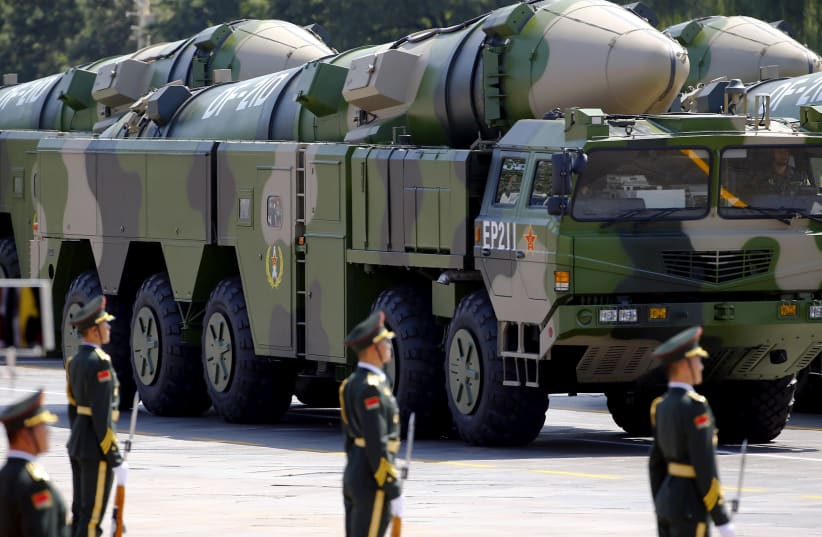It would never happen today. Authoritarian regimes are on the march globally. The crackdown on protests in Sudan this week is one glaring example.The protests in China in 1989 coincided with a year of democracy protests. In Eastern Europe, the first free elections took place in Poland in June of that year. Peace demonstrations on the Austro-Hungarian border led to the fall of the Communist regime, and the Velvet Revolution toppled the Czech regime in November. Nicolae and Elena Ceausescu were executed in Romania in December. The Berlin Wall fell. Today the situation is more bleak. Freedom House found that 85 countries, or 44%, were “free” in 2000. Today it finds only 39% free with 71 countries declining in freedom, the 12th consecutive year according to the organization.At nine years old I was too young to remember Tiananmen, but my high school and university years were dominated by the famous image of the man confronting the tank. The message to a generation raised in the 1990s was that this was the way the world was going to turn out. We, too, could stand against tanks. But recent decades have taught the opposite.As a result of the September 11 terror attacks, the United States has engaged in a constantly shifting policy in the Middle East and across North Africa and part of Asia. Deemed initially a war on terror and promising to remove an “axis of evil,” it later altered course under the Obama administration, which concluded the Iran Deal in 2015. America no longer sees itself as projecting a “new world order,” as George H.W. Bush promised in September 1990.Abroad, most countries have also abandoned the process of democratization in favor of order and stability. The Arab Spring protests in 2011 initially appeared to offer hope for a wave of democratization across the Middle East. But they produced mixed, and mostly toxic results. In Syria the revolution turned increasingly sectarian and extremist, resulting in ISIS stepping into the vacuum. In Bahrain, protests were stopped with the support of the Gulf Cooperation Council. The Muslim Brotherhood briefly came to power in Egypt. Libya is seeing the denouement of this process. In a prelude to the Arab Spring, the Palestinian legislative elections of 2006 brought Hamas to power and resulted in the fracturing of the Palestinian-ruled areas into two enclaves. Similar elections haven’t been held since.The lessons of the wave of democratization of 1989 and the 1990s have changed with time. What we thought was a one-way street towards more freedom and democracy has been challenged not only by authoritarian leaders, but also by voters who see in too much democratization a challenge to tradition, stability, religion and nationalism. The erosion of democracy in countries such as Turkey and Venezuela also shows that even when democracy takes shape, it can be slowly pushed aside. The lesson of Tiananmen was thought to be the heroism of one man against a tank, but the real lesson was that the tanks ended up winning in Tiananmen and around the world.‘Tank Man’: the full footage. Tiananmen Square, Beijing, 1989 pic.twitter.com/Vg3IMGuQ4H
— Carl Zha (@CarlZha) May 31, 2019
30 years after Tiananmen, world embraces authoritarianism - analysis
The lesson of Tiananmen was thought to be the heroism of one man against a tank, but the real lesson was that the tanks ended up winning in Tiananmen and around the world.
